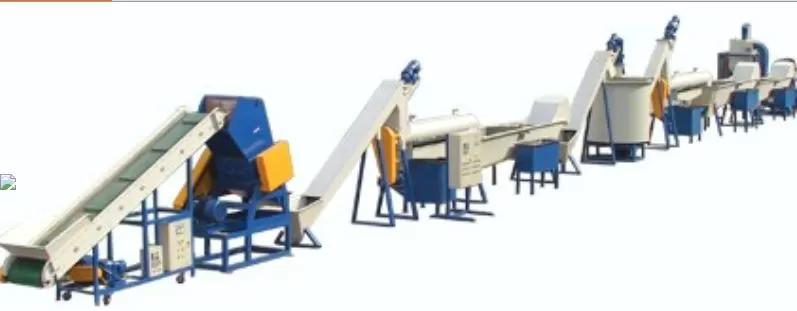Plastic waste is a growing concern worldwide. Many people are curious about how plastic recycling affects the economy. Understanding the economic impact of plastic recycling is crucial for both businesses and governments. Let’s delve into this topic and uncover some surprising benefits.

Plastic recycling positively impacts the economy by creating jobs, saving resources, and reducing environmental cleanup costs. These benefits make recycling an economically sound practice.
Ready to explore how recycling plastic can boost the economy? Let’s dive deeper into this fascinating subject.
What Are the Economic Benefits of Plastic Recycling?
Plastic recycling offers multiple economic advantages. First and foremost, it creates jobs. From collection to processing, the recycling industry employs a significant number of people.
Moreover, recycling saves resources. By reusing plastic, we reduce the need for raw materials, which in turn lowers production costs.
How Does Recycling Create Jobs?
The recycling industry is labor-intensive. It requires workers for collecting, sorting, and processing materials. Each step of the recycling process provides employment opportunities.
In fact, studies show that recycling creates more jobs compared to landfill operations or incineration. These jobs range from entry-level positions to more specialized roles, contributing to economic growth.
What Are the Cost Savings in Production?
Recycling plastic can lead to significant cost savings. Using recycled plastic often costs less than producing new plastic from raw materials. This cost reduction is due to the lower energy requirements for processing recycled materials.
Additionally, recycling reduces the demand for petroleum, a primary raw material in plastic production. This not only saves money but also conserves valuable natural resources.
How Does Recycling Reduce Environmental Cleanup Costs?
Plastic waste in the environment leads to significant cleanup costs. Governments and organizations spend millions on cleaning up plastic pollution in oceans, rivers, and landscapes.
By recycling more plastic, we can reduce the amount of waste that ends up in the environment. This, in turn, lowers the costs associated with environmental cleanup and restoration.
How Does Plastic Recycling Benefit Businesses?
Businesses can also reap substantial benefits from plastic recycling. For one, companies that use recycled plastic in their products can market themselves as environmentally friendly, which appeals to eco-conscious consumers.
Moreover, companies can reduce their production costs by using recycled materials. This cost efficiency can lead to increased profitability and competitiveness in the market.
What Are the Challenges of Plastic Recycling?
Despite the many benefits, plastic recycling does face challenges. One significant challenge is the contamination of recyclable materials. Contaminated plastics are harder and more expensive to process.
Additionally, the recycling infrastructure in many places is inadequate, limiting the effectiveness of recycling programs. Investments in better recycling facilities and technology are necessary to overcome these hurdles.
What Are the Future Trends in Plastic Recycling?
The future of plastic recycling looks promising, with several trends pointing towards greater efficiency and effectiveness. Advances in technology, such as improved sorting and processing methods, are making recycling more cost-effective.
Moreover, there is a growing emphasis on the circular economy, where materials are continuously reused and recycled, reducing waste and conserving resources.
How Can We Improve Plastic Recycling?
Improving plastic recycling requires a multi-faceted approach. First, increasing public awareness about the importance of recycling can boost participation rates.
Investing in advanced recycling technologies and infrastructure is also crucial. Governments and businesses need to work together to create more efficient and effective recycling systems.
Finally, policies and incentives that support recycling efforts can drive better outcomes. By implementing comprehensive strategies, we can enhance the economic impact of plastic recycling.
Conclusion
Plastic recycling significantly impacts the economy by creating jobs, saving resources, and reducing cleanup costs. Despite challenges, the future of plastic recycling is bright, with advancements and growing awareness leading the way.
Together, we can make plastic recycling an even more powerful force for economic and environmental good. Let’s continue to innovate and support recycling initiatives for a sustainable future.
That’s my take on the economic impact of plastic recycling. If you have any questions or need further information, feel free to reach out. Let’s work together to make a difference!
